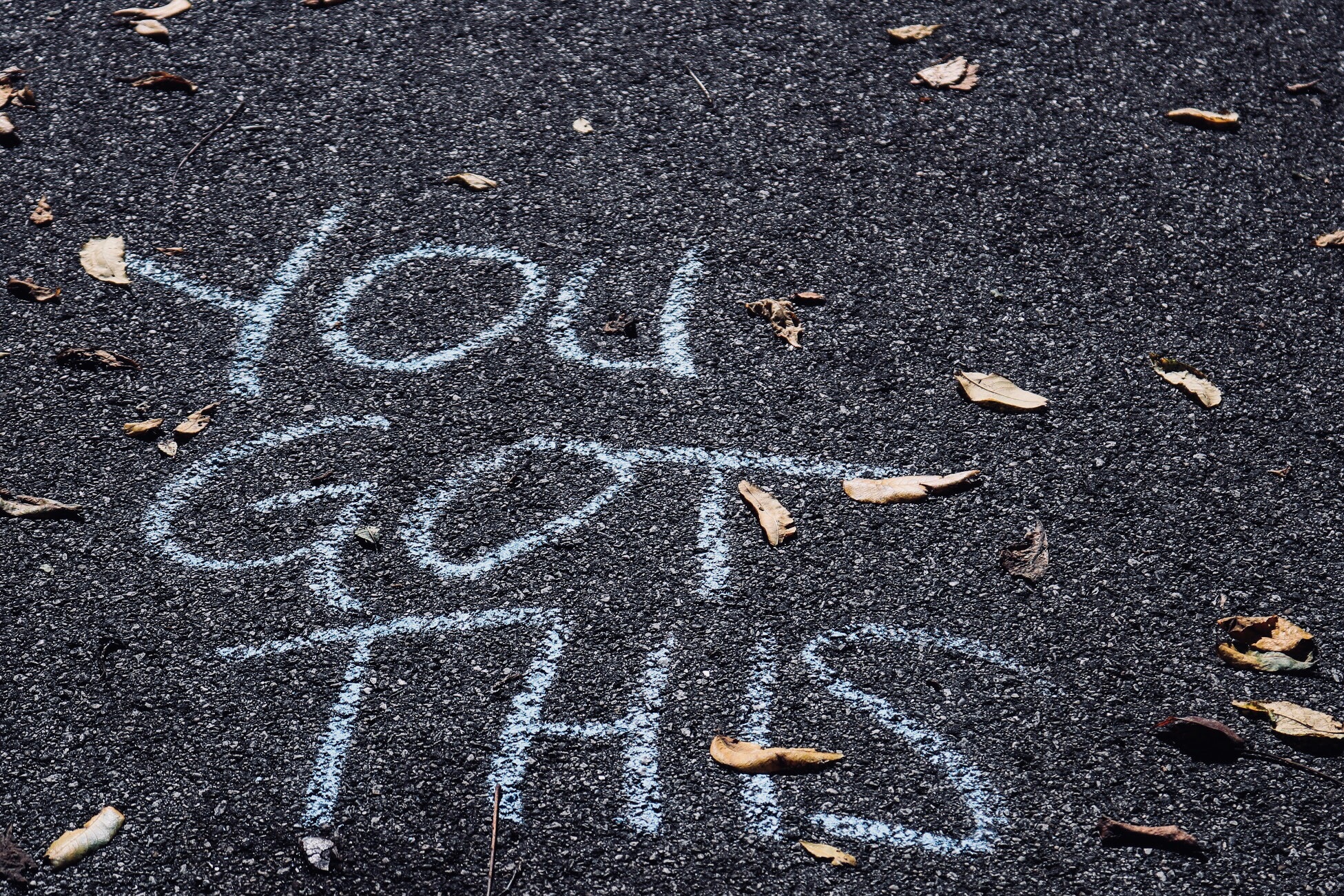Happy New Year! We made it! Life, you are a lot!
New Year’s Resolutions are quite invalidating considering the very nature of the concept is that we "decide" on changing something and then do it. Wouldn't that be a blast?! Behavior change is quite complex, and is rarely a discrete or single event; however, we tend to view it in such a way. Change occurs gradually, over time. Change must be intentional and is never easy. In fact, there are only about 15-20% of things we do in our lives that are not habitual, meaning about 80-85% of our behaviors happen automatically. Deciding to change something that is essentially happening on its own, doesn’t work. We often have resolutions that are grandiose and global, for example, this year I will finally stop smoking, drinking, lose the extra weight, get healthy, figure out my life, etc. That’s a lot. Resolutions are also often things we feel we “should” change rather than things we are particularly motivated or compelled to change. Considering change is so dang hard we want to make sure we are actually invested in the thing we are changing.
Change is incredibly difficult, and while we often believe we aren’t accomplishing our goals or changing things in our lives because we aren’t trying hard enough, it has very little to do with trying. Things we really want to change about ourselves and are unable to change, is not because we aren’t trying hard enough, but that something is getting in the way- something is wrong. Things unconsciously maintain our behaviors; our behaviors serve functions and often we may not even be aware of what they are. Sometimes the something that is wrong is we are completely missing the mark on the approach to behavior change, particularly around setting SMART goals vs. less effective means such as deciding or white knuckling tactics. Without behavior chain analysis which breaks down behavioral sequences into itemized slices including thoughts, emotions, and actions taken, we really don’t know why or what maintains certain behaviors. Behaviors are also usually layered, so for example weight loss is not as simple as, “I am going to finally lose the weight,” we must examine the different facets at play. We cannot responsibly target weight loss without talking about our beliefs about ourselves, emotional eating, family of origin behaviors around food, the function food plays associated with escaping distress, numbing discomfort, and masking other emotional challenges. Then we look at health and healthy weight loss which involves exercise, knowledge of macronutrients and nutrition, all of which require access, resources, and a lot of change.
Science tells us that behavior changes only when we specifically target something and work to shape the behavior incrementally. If you have a big goal or something you really want to change in your life, start with something you can absolutely accomplish. Be specific and make sure the behavior is measurable. Make your goals SMART like your phones.
- S- Specific: be as specific and detailed about your goal as possible. Clarity on what exactly we are working towards.
- M- Measurable: We need to be able to track the progress and measure the outcome. How much, how often, how will we know when we have met the mark.
- A- Attainable: The goal must be feasible and achievable. Do we have control/influence over it?
- R- Relevant: The goal must be compelling and feel worthwhile, goals must be meaningful to the person trying to attain them.
- T- Timely: What is a realistic timeframe? Goal will be completed day/week/year.
If you are going to make a New Year’s Resolution make it a SMART one. Here are some alternatives for marking the New Year.
- Vision Board- Make a collage of cut outs with images, words, phrases, and designs that capture the essence of what you want to manifest in the year to come. You can do this with friends/family/clients/partners.
- Write a letter to your future self- Write a letter to yourself next year describing your hopes, wishes, fears, and goals for the new year. Seal the envelope and open it next year on New Year’s Day.
- Write a letter to your-past-self: Write a letter to your past self, marking all the progress, accomplishments, challenges, connections, and events over the last year. Take note of things you are proud of and things you want to do differently in the New Year.
- Future Mapping- Map out the next one year with specific benchmarks of things you would like to accomplish. Look at the different domains of your life; emotional, relational, career, spiritual, physical. Decipher between short-term and longer-term making the goals SMART and broken down into manageable parts.
- Intention Setting: Set intentions for the upcoming year in each domain (emotional, relational, career, spiritual, physical).






